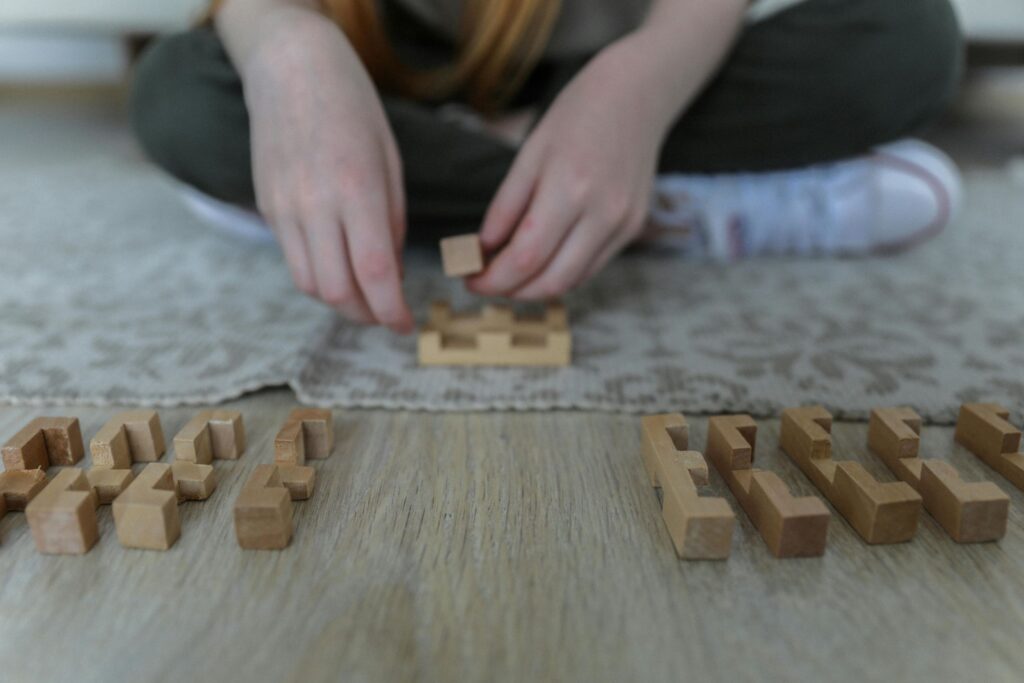Unlocking a World Beyond Screens: The Joy of Board Games For Kids
In an era where digital screens are a dominant part of children’s lives, it’s crucial to find engaging ways to encourage more tangible, interactive forms of play. Board games, often overlooked in the digital rush, offer a treasure trove of cognitive, social, and emotional benefits for children. From enhancing critical thinking skills to fostering social interaction, the humble board game can be a powerful tool in diverting children’s attention from screens. This article explores the myriad benefits of board games and offers tips on how to make them an exciting part of your child’s playtime.
Why Board Games?
Board games are not just entertainment; they are a conduit for learning and development.
Here are some compelling reasons to introduce them into your child’s life:

Enhanced Thinking Abilities
Board games challenge the mind in unique ways. Whether it’s strategizing in "Chess," solving mysteries in "Clue," or managing resources in "Settlers of Catan," these games stimulate critical thinking and problem-solving skills.
Social Skills Development
Unlike screen games that often promote solitary play, board games encourage interaction. They teach children the importance of taking turns, collaborating, and competing healthily. This social engagement is vital for developing empathy and communication skills.


Reduced Screen Time
By offering a captivating alternative to screens, board games help reduce the time children spend in the digital realm, mitigating the risk of screen addiction and its associated drawbacks, such as eye strain and reduced physical activity.
Family Bonding
Board games provide a unique opportunity for family bonding. They bring everyone together in a shared activity, creating memories and strengthening relationships.

Introducing Board Games to Your Child
Switching from digital games to board games can be a challenge, but with the right approach, it’s definitely achievable.
Here are some strategies to make board games an appealing choice:

Choose Age-Appropriate Games
Start with games that match your child's age and interests. For younger children, games with simple rules and quick gameplay can be more engaging.
Set a Regular Game Night
Establish a family game night tradition. This not only ensures consistent screen-free time but also something for the whole family to look forward to.


Be Enthusiastic
Your excitement about playing board games can be contagious. Show genuine interest and enjoyment in the game.
Limit Screen Time
Set clear boundaries for screen time. By limiting access to screens, you naturally create more space for board games and other activities.


Involve Their Friends
Encourage your child to invite friends over for a board game session. The social aspect can make board games more attractive than playing alone on a screen.
The Benefits of Board Games
Playing board games is not just a way to pass time; it’s an investment in your child’s development. These games enhance cognitive skills like memory, focus, and decision-making. They also improve emotional skills by teaching patience, resilience, and the ability to handle losing gracefully. Moreover, board games are an excellent way to improve fine motor skills through the manipulation of game pieces.
Explore the Best Board Games
Ready to dive into the world of board games? Click the link below to browse a curated selection of the best board games for children of all ages. Whether you’re looking for classic games that have stood the test of time or new, innovative games that challenge the mind in creative ways, you’ll find something to captivate your child’s imagination and draw them away from the screen.
Please note, we will earn a small commission if any purchases are made through this link. By choosing a board game for your child, you’re not only enriching their playtime but also supporting their overall development in a fun and interactive way. Let’s embrace the power of play that goes beyond the screen, one board game at a time.

